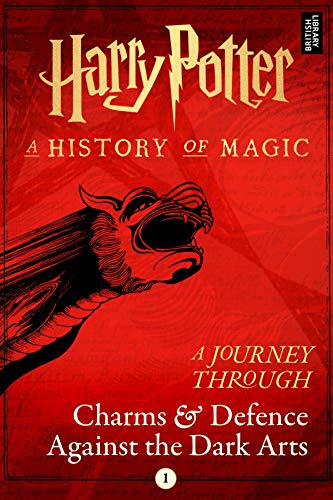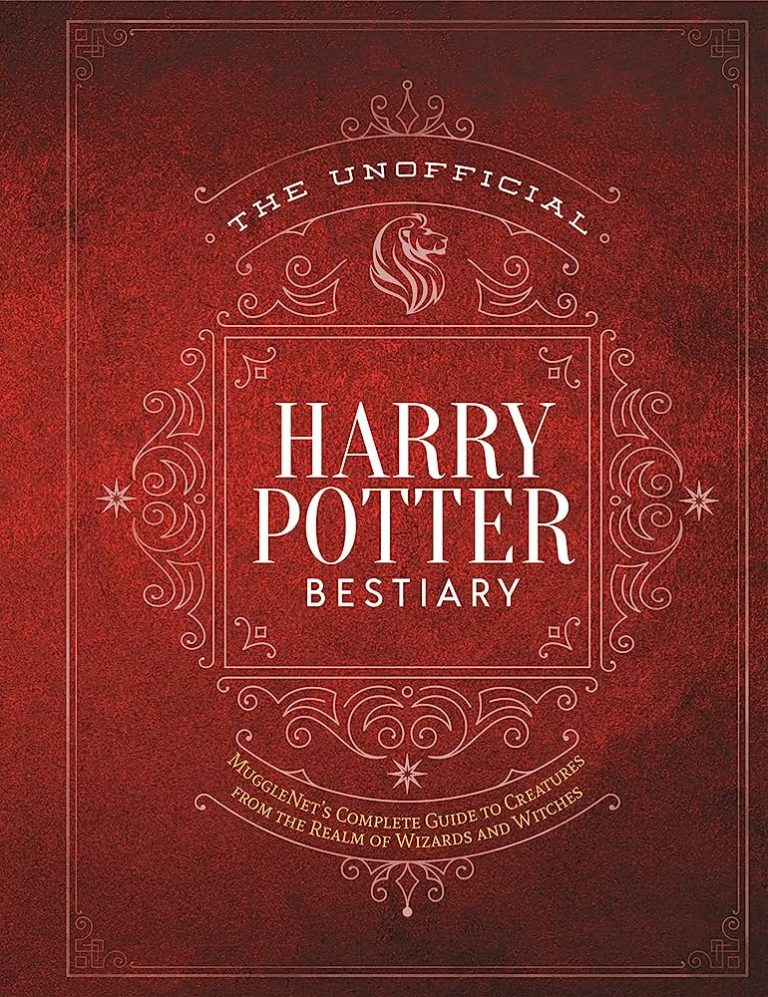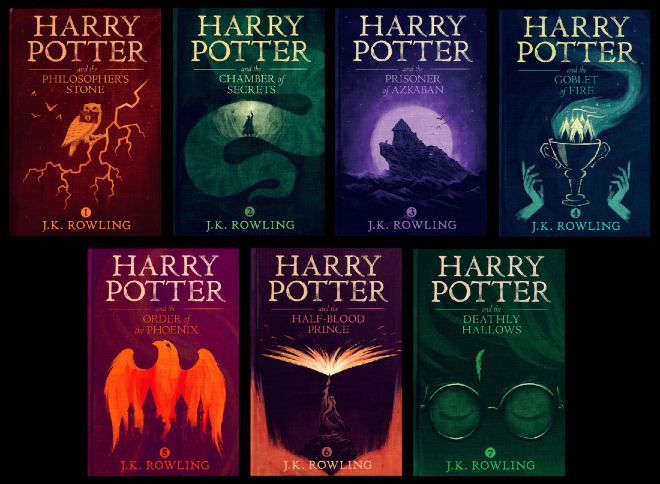The Harry Potter Books: The Rise And Fall Of Lord Voldemort
Step into the enchanting world of Harry Potter, where magic and adventure await at every turn. The Harry Potter books have captivated millions of readers across the globe, taking them on a thrilling journey through the wizarding world. One of the most compelling storylines in the series is the rise and fall of Lord Voldemort, the dark and menacing antagonist. In this article, we will delve into the intricacies of Voldemort’s character, exploring his ascent to power and his ultimate downfall.
The tale of Lord Voldemort is one of ambition, power, and the consequences of unchecked dark magic. From his humble beginnings as Tom Riddle, a young orphan with extraordinary talents, to his transformation into the feared and ruthless Lord Voldemort, the progression of his character is both captivating and chilling. As readers follow Harry Potter’s quest to defeat the Dark Lord, they are drawn into a world of mystery, suspense, and the eternal struggle between good and evil.
Throughout the series, J.K. Rowling masterfully weaves together a narrative that explores the depths of Voldemort’s villainy, while also shedding light on the vulnerabilities and shortcomings that ultimately lead to his downfall. From his creation of Horcruxes to his manipulation of others, Voldemort’s journey serves as a cautionary tale of the destructive nature of power and the importance of love and friendship in overcoming darkness.
Join us as we embark on a spellbinding exploration of the rise and fall of Lord Voldemort, unraveling the secrets and symbolism hidden within the pages of the Harry Potter books. Discover the complexities of this iconic character and the profound impact he has had on both the wizarding world and the hearts of readers worldwide.
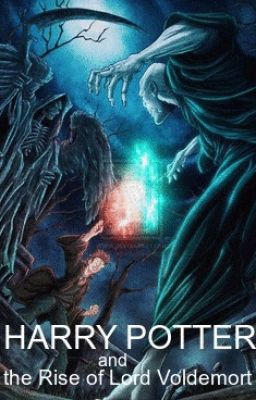
The Harry Potter Books: The Rise and Fall of Lord Voldemort
The Harry Potter books are a beloved series that captivated readers of all ages. At the heart of the story is the rise and fall of Lord Voldemort, the primary antagonist and the Dark wizard who seeks to dominate the wizarding world. J.K. Rowling’s masterful storytelling takes us on a journey through the seven books, tracing Voldemort’s ascent to power and his eventual downfall.
The Rise of Lord Voldemort
In the early books, Voldemort is merely a shadowy figure, mentioned in whispers and rumors. As the series progresses, we learn more about his origins and the events that led to his transformation into the Dark Lord. Voldemort’s rise to power is fueled by his pursuit of immortality and his desire to rid the wizarding world of those he deems unworthy. Through dark magic and manipulation, he gathers followers and establishes his reign of terror.
Voldemort’s rise is marked by fear and chaos. He instills a sense of dread in the wizarding community, causing many to live in constant fear of his next move. His followers, known as Death Eaters, carry out his bidding and spread his ideology of pure-blood supremacy. The rise of Voldemort sets the stage for the epic battle between good and evil that unfolds throughout the series.
The Horcruxes: The Key to Immortality
One of Voldemort’s most significant actions in his quest for power is the creation of Horcruxes. These objects contain a piece of his soul, allowing him to tether himself to the mortal world even if his physical form is destroyed. The Horcruxes play a crucial role in the series, as Harry and his friends embark on a mission to find and destroy them, weakening Voldemort’s hold on immortality.
The creation of Horcruxes requires the committing of heinous acts, as Voldemort must split his soul by committing murder. This dark magic is a testament to Voldemort’s cruelty and disregard for human life. Each Horcrux holds a part of his essence, making it difficult for him to be truly defeated until all are destroyed. The hunt for the Horcruxes becomes a central focus of the later books, as Harry and his friends race against time to unravel Voldemort’s secrets.
The Battle of Hogwarts: The Fall of Lord Voldemort
The climax of the series comes in the form of the Battle of Hogwarts, where the forces of good and evil clash in a final showdown. Voldemort, fueled by his desire for power and immortality, seeks to eliminate Harry Potter, who he believes to be his greatest threat. The battle is a culmination of years of conflict and sacrifice, as the wizarding community unites to fight against the tyranny of Voldemort and his Death Eaters.
Throughout the battle, Harry and his friends, along with many others, demonstrate immense courage and resilience. They face unimaginable obstacles and make great sacrifices to protect those they love. Voldemort’s downfall is ultimately brought about by his own arrogance and underestimation of the power of love and friendship. In the end, it is Harry who delivers the final blow, ending the reign of Lord Voldemort once and for all.
The Harry Potter books offer a timeless tale of good versus evil, with Lord Voldemort serving as a formidable antagonist. His rise to power and eventual defeat showcase the power of love, friendship, and the triumph of good over evil. J.K. Rowling’s vivid storytelling and intricate world-building have made these books a cherished part of literary history. Whether you’re a longtime fan or discovering the series for the first time, the journey through the rise and fall of Lord Voldemort is a captivating and thrilling experience.
Key Takeaways: The Harry Potter Books: The Rise and Fall of Lord Voldemort
- Lord Voldemort is the main antagonist in the Harry Potter books.
- He rises to power by gathering followers and creating a new dark wizarding society.
- Harry Potter and his friends form a resistance against Voldemort’s reign.
- Throughout the series, Voldemort’s power grows, but so does Harry’s determination to defeat him.
- In the end, Harry sacrifices himself to destroy the piece of Voldemort’s soul inside him, leading to Voldemort’s ultimate downfall.
Frequently Asked Questions
1. How did Lord Voldemort rise to power in the Harry Potter books?
In the Harry Potter books, Lord Voldemort, also known as Tom Riddle, rose to power by delving into the dark arts and seeking immortality. As a young wizard, he became obsessed with power and control, which led him to split his soul into multiple pieces and create Horcruxes. With each Horcrux, he ensured that even if his body was destroyed, a part of his soul would remain, allowing him to come back to life.
Voldemort’s rise to power was fueled by fear and manipulation. He recruited followers, known as Death Eaters, who shared his beliefs in blood purity and the superiority of wizards over Muggles. Together, they wreaked havoc in the wizarding world, spreading terror and seeking to eliminate anyone who opposed them. Voldemort’s reign of terror was marked by violence and oppression, as he sought to establish himself as the ultimate authority.
2. What led to Lord Voldemort’s downfall in the Harry Potter books?
Lord Voldemort’s downfall in the Harry Potter books can be attributed to a combination of factors. One crucial aspect was the love and bravery of Harry Potter, the Boy Who Lived. Harry, protected by his mother’s sacrifice, became a symbol of hope and resistance against Voldemort’s tyranny. Their connection, forged through the failed attempt to kill Harry as a baby, ultimately played a significant role in Voldemort’s defeat.
Furthermore, Voldemort’s arrogance and underestimation of his opponents also contributed to his downfall. He underestimated the power of love and friendship, which formed a strong bond among Harry and his allies. The united front against Voldemort’s forces, along with strategic planning and sacrifice, ultimately led to his defeat. The combination of Harry’s courage, the support of his friends, and the collective efforts of the wizarding community played a crucial role in bringing about Voldemort’s downfall.
3. How did Lord Voldemort’s obsession with immortality affect his actions?
Lord Voldemort’s obsession with immortality had a profound impact on his actions throughout the Harry Potter books. In his pursuit of eternal life, he committed heinous acts and delved into the darkest depths of magic. The creation of Horcruxes, which required the murder of innocent individuals, demonstrated the lengths Voldemort was willing to go to achieve his goal.
Voldemort’s obsession with immortality also clouded his judgment and hindered his ability to form genuine connections with others. He saw people solely as instruments to further his own power and disregarded the value of love and friendship. This lack of empathy and emotional connection ultimately isolated him and made it easier for his enemies to unite against him.
4. What impact did Lord Voldemort’s reign have on the wizarding world?
Lord Voldemort’s reign had a devastating impact on the wizarding world in the Harry Potter books. Fear and oppression became the norm as Voldemort and his Death Eaters controlled the Ministry of Magic and spread their ideology of blood purity. Muggle-born witches and wizards were persecuted, and their rights were stripped away.
The wizarding community lived in constant fear, with many forced into hiding or joining the resistance against Voldemort’s regime. The economy suffered, and dark magic became more prevalent. Voldemort’s reign also led to the loss of countless lives, as he and his followers sought to eliminate anyone who opposed them. The wizarding world was in a state of turmoil and despair until Voldemort’s eventual defeat.
5. What lessons can be learned from Lord Voldemort’s rise and fall in the Harry Potter books?
The rise and fall of Lord Voldemort in the Harry Potter books offer valuable lessons. One important lesson is the power of love and friendship in overcoming darkness. Harry’s unwavering loyalty to his friends and the support he received from them proved to be crucial in defeating Voldemort. It highlights the importance of unity and standing up against injustice.
Another lesson is the danger of unchecked ambition and the pursuit of power at any cost. Voldemort’s obsession with immortality and control led him down a path of destruction, ultimately resulting in his downfall. It serves as a reminder of the importance of empathy, compassion, and the understanding that true power lies in love and connection, rather than domination.
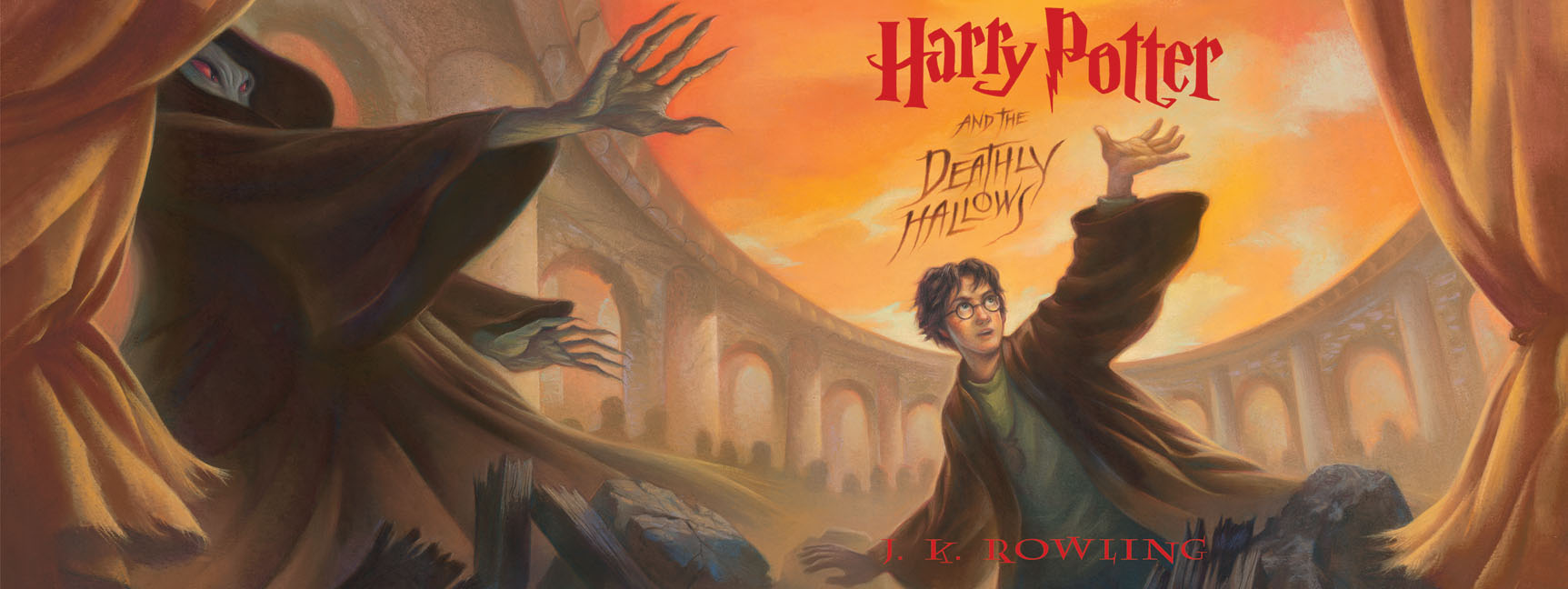
The Story of Lord Voldemort: Tom Riddle Origins Explained (Re-Upload July, 2017)
Final Thoughts: The Rise and Fall of Lord Voldemort
As we come to the end of this journey through the Harry Potter books, we can’t help but marvel at the incredible storytelling that unfolded within the pages. The rise and fall of Lord Voldemort is a captivating tale of power, darkness, and the triumph of good over evil. Through J.K. Rowling’s masterful writing, we were transported into a world where magic and bravery collided, leaving us spellbound and craving for more.
From the very first book, “Harry Potter and the Philosopher’s Stone,” we were introduced to the enigmatic and terrifying figure of Lord Voldemort. His quest for immortality and domination cast a shadow over the wizarding world, instilling fear and uncertainty in the hearts of both characters and readers alike. However, it was Harry Potter and his unwavering courage, loyalty, and love that ultimately brought about Voldemort’s downfall.
Throughout the series, we witnessed the complexity of Voldemort’s character, his manipulation of others, and his relentless pursuit of power. Rowling masterfully crafted a villain who was both terrifying and strangely relatable, exploring the depths of human nature and the consequences of our choices. And in the end, it was the power of love, friendship, and sacrifice that proved to be Voldemort’s ultimate undoing.
In conclusion, the rise and fall of Lord Voldemort in the Harry Potter books is a testament to the power of storytelling and the enduring themes of good versus evil. Rowling’s captivating narrative, combined with her deep understanding of human nature, allowed readers to embark on a thrilling adventure filled with magic, suspense, and profound life lessons. So, let us cherish these books as a reminder that even in the darkest of times, love and bravery will always prevail.

